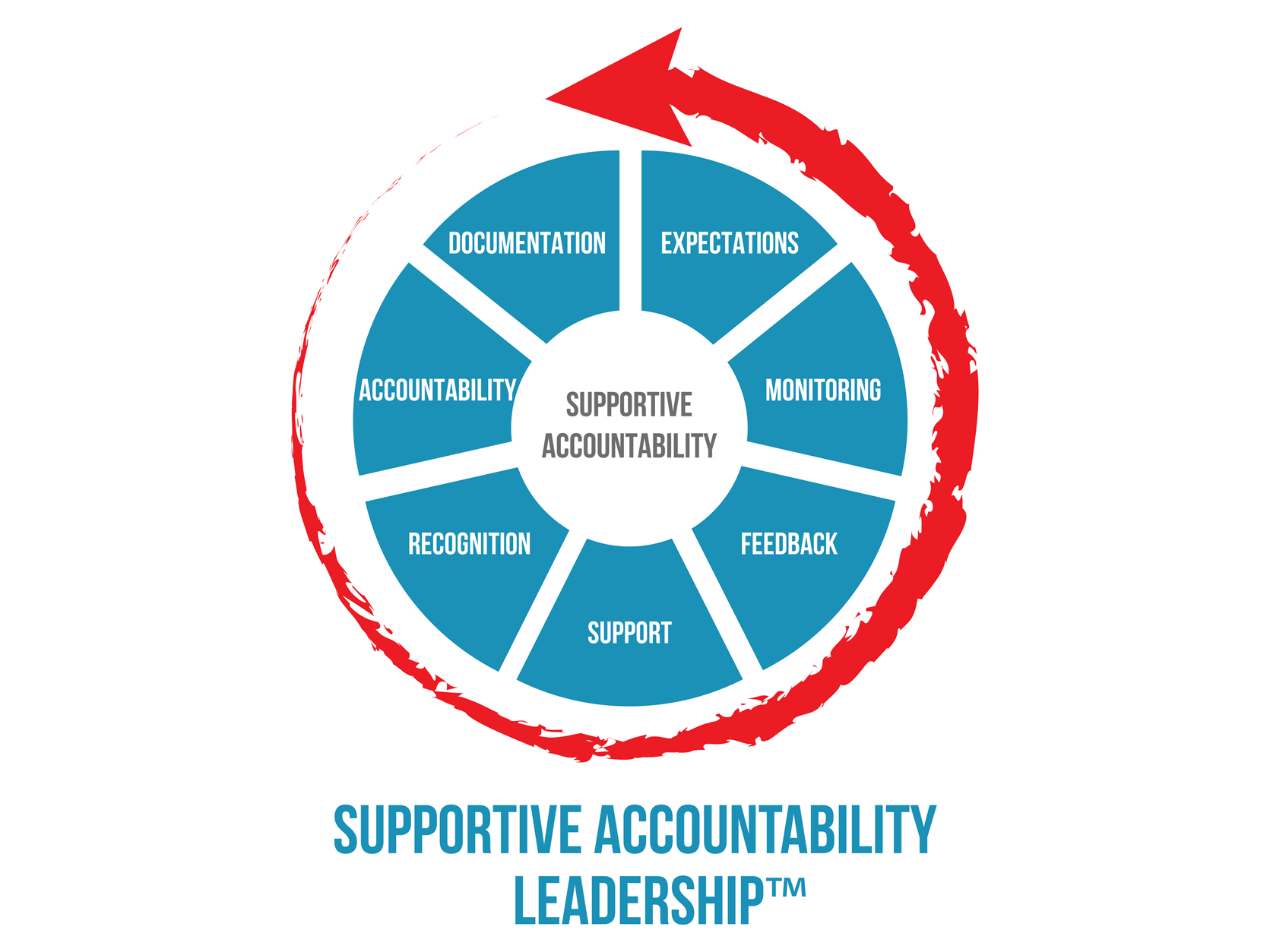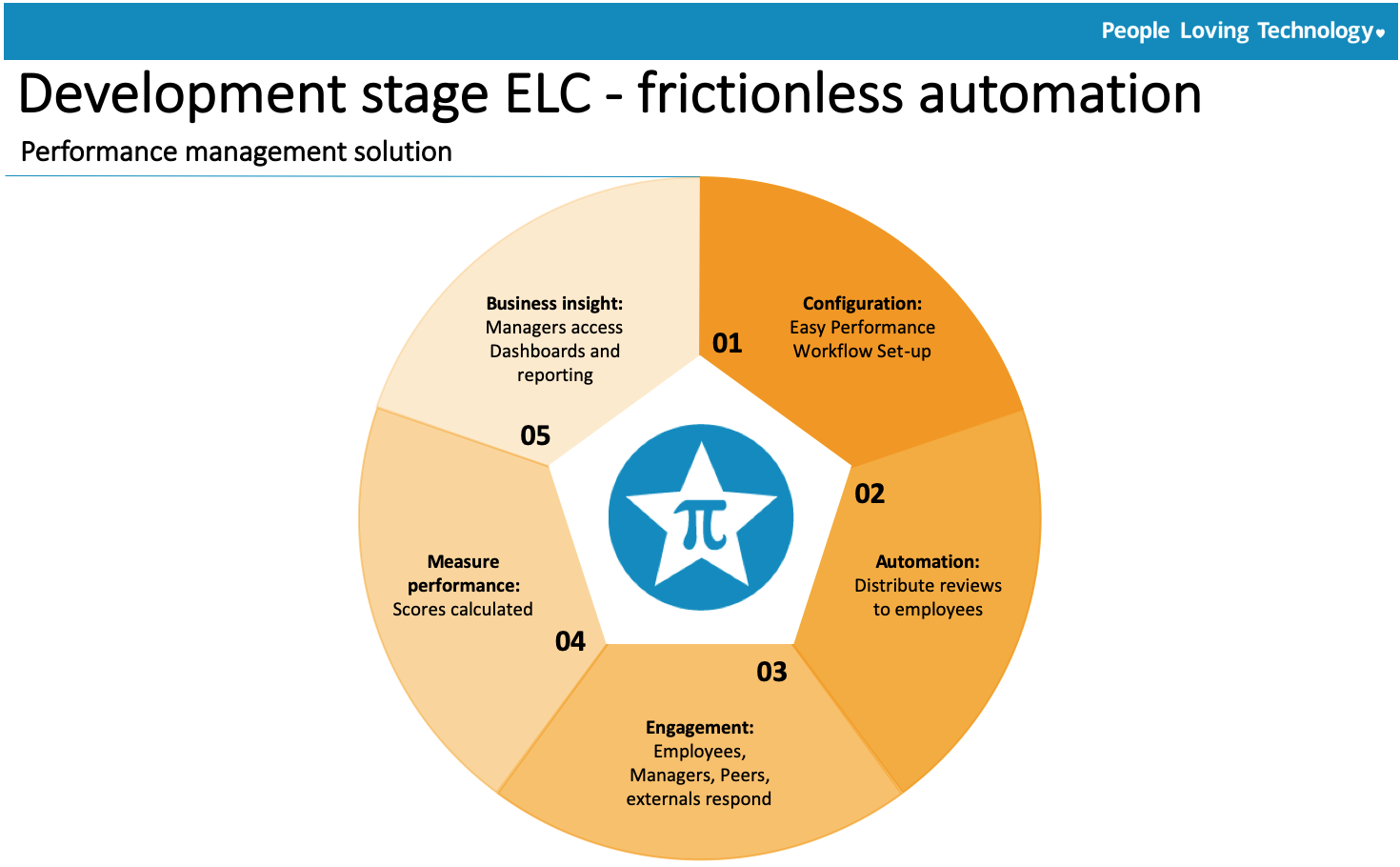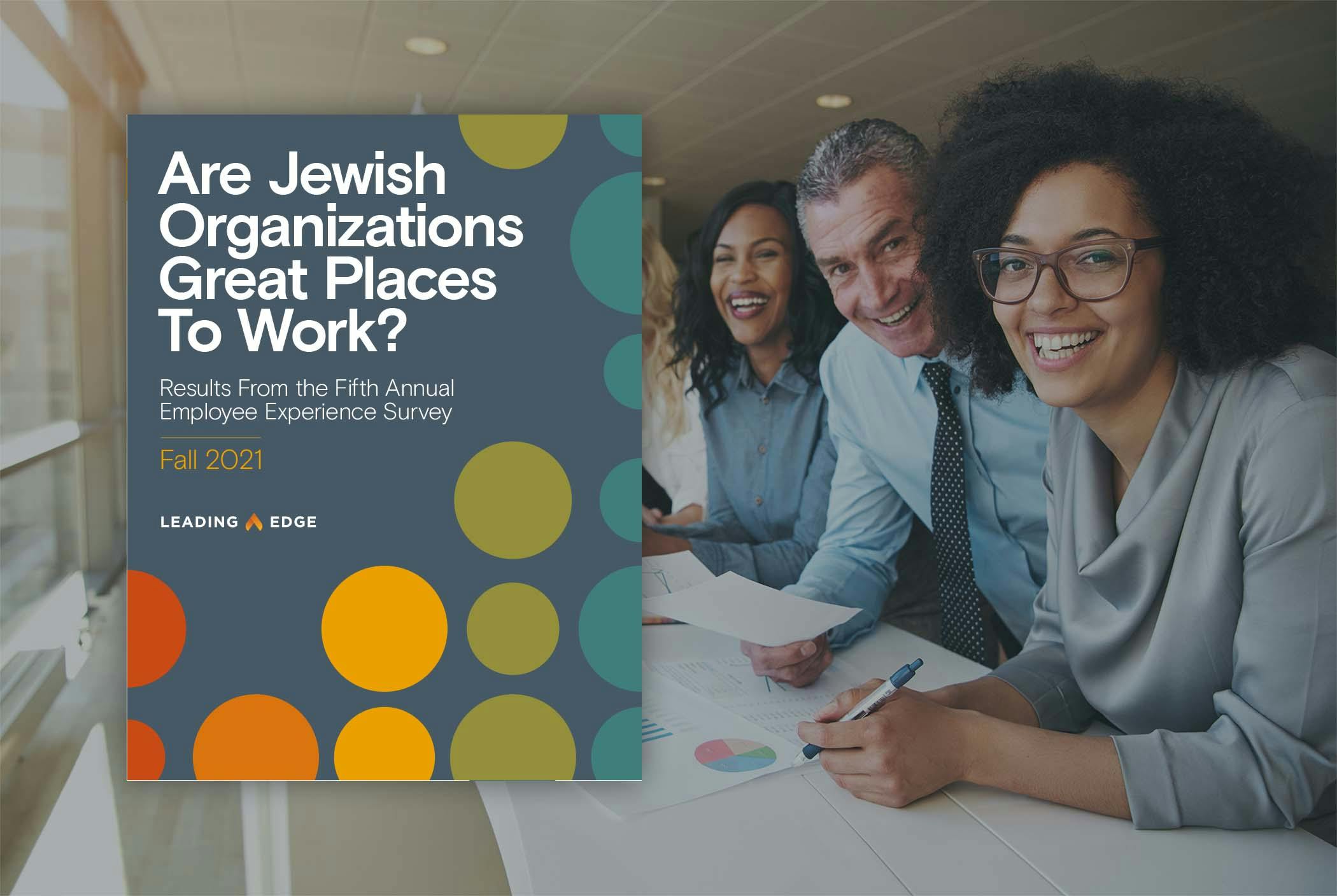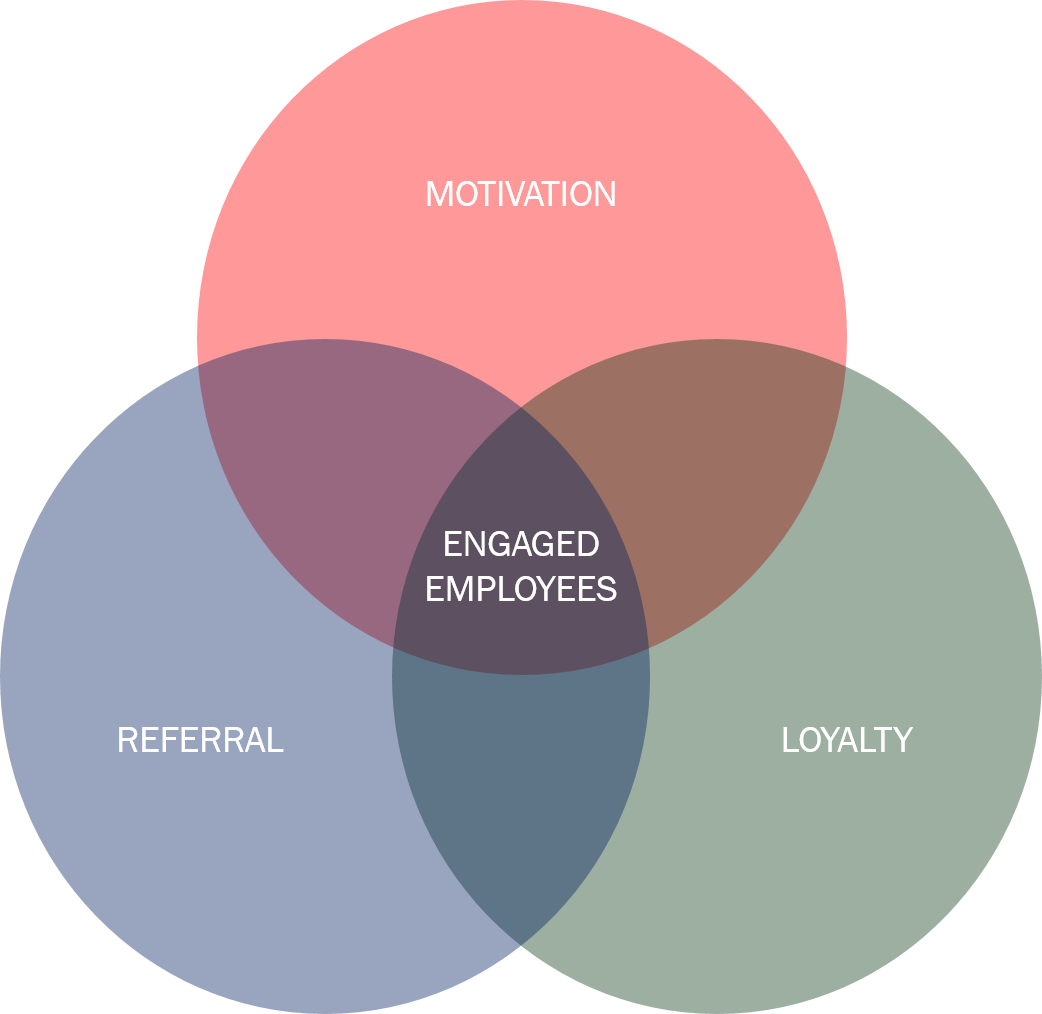Employee Experience Presentation
| Introduction to Employee Experience | ||
|---|---|---|
| Employee experience refers to the sum of all interactions an employee has with their organization throughout their employment journey. A positive employee experience leads to higher engagement, productivity, and retention rates. Employee experience encompasses various aspects, including culture, work environment, leadership, and technology. | ||
| 1 | ||
| Importance of Employee Experience | ||
|---|---|---|
| A positive employee experience drives employee satisfaction and happiness, resulting in improved overall well-being. Enhanced employee experience leads to higher levels of employee engagement, motivation, and commitment. Organizations with a focus on employee experience have a competitive advantage in attracting and retaining top talent. | ||
| 2 | ||
| Elements of a Positive Employee Experience | ||
|---|---|---|
| Supportive Leadership: Effective leaders provide guidance, clear expectations, and opportunities for growth and development. Work-Life Balance: Organizations that promote work-life balance through flexible work arrangements foster a positive employee experience. Recognition and Rewards: Employee recognition programs and rewards for outstanding performance boost morale and create a positive work environment. | ||
| 3 | ||
| Creating a Positive Culture | ||
|---|---|---|
| Transparent Communication: Open and honest communication channels promote trust and collaboration within the organization. Inclusive Environment: Encouraging diversity and inclusion fosters a sense of belonging and psychological safety among employees. Empowerment and Autonomy: Allowing employees to make decisions and contribute ideas empowers them and increases engagement. | ||
| 4 | ||
| Designing a Great Physical Workspace | ||
|---|---|---|
| Ergonomic Design: A comfortable and well-designed workspace enhances productivity and reduces employee stress. Collaborative Spaces: Providing areas for teamwork and collaboration promotes creativity and innovation. Wellness Facilities: Access to wellness facilities, such as gyms or relaxation rooms, supports employee well-being. | ||
| 5 | ||
| Leveraging Technology | ||
|---|---|---|
| Seamless Onboarding: Utilizing technology for a streamlined onboarding process ensures a positive start for new employees. Employee Self-Service: Implementing self-service portals or apps allows employees to access information and complete tasks efficiently. Feedback and Surveys: Technology-enabled feedback mechanisms help organizations gather insights and improve the employee experience. | ||
| 6 | ||
| Training and Development Opportunities | ||
|---|---|---|
| Continuous Learning: Offering training and development opportunities helps employees grow professionally and enhances their job satisfaction. Career Pathing: Providing clear career paths and growth opportunities instills a sense of purpose and commitment. Mentorship Programs: Establishing mentorship programs fosters knowledge sharing and supports employee development. | ||
| 7 | ||
| Measuring Employee Experience | ||
|---|---|---|
| Employee Surveys: Regularly conducting anonymous surveys helps to identify areas for improvement and monitor employee satisfaction. Pulse Surveys: Short and frequent pulse surveys provide real-time feedback and insights on specific topics or events. Exit Interviews: Analyzing exit interviews helps organizations understand the reasons behind employee turnover and make necessary adjustments. | ||
| 8 | ||
| Case Studies: Examples of Organizations with Great Employee Experience | ||
|---|---|---|
| Google: Known for its employee perks and benefits, Google offers a unique and inclusive work environment. Airbnb: Airbnb focuses on its core values and promotes a strong sense of community among its employees. Zappos: Zappos prioritizes employee well-being and emphasizes a positive company culture. | ||
| 9 | ||
| Conclusion | ||
|---|---|---|
| Prioritizing employee experience leads to improved employee engagement, productivity, and retention. Organizations that invest in creating positive employee experiences gain a competitive edge in attracting and retaining top talent. Continuously evaluating and improving employee experience is crucial for long-term organizational success. | ||
| 10 | ||









